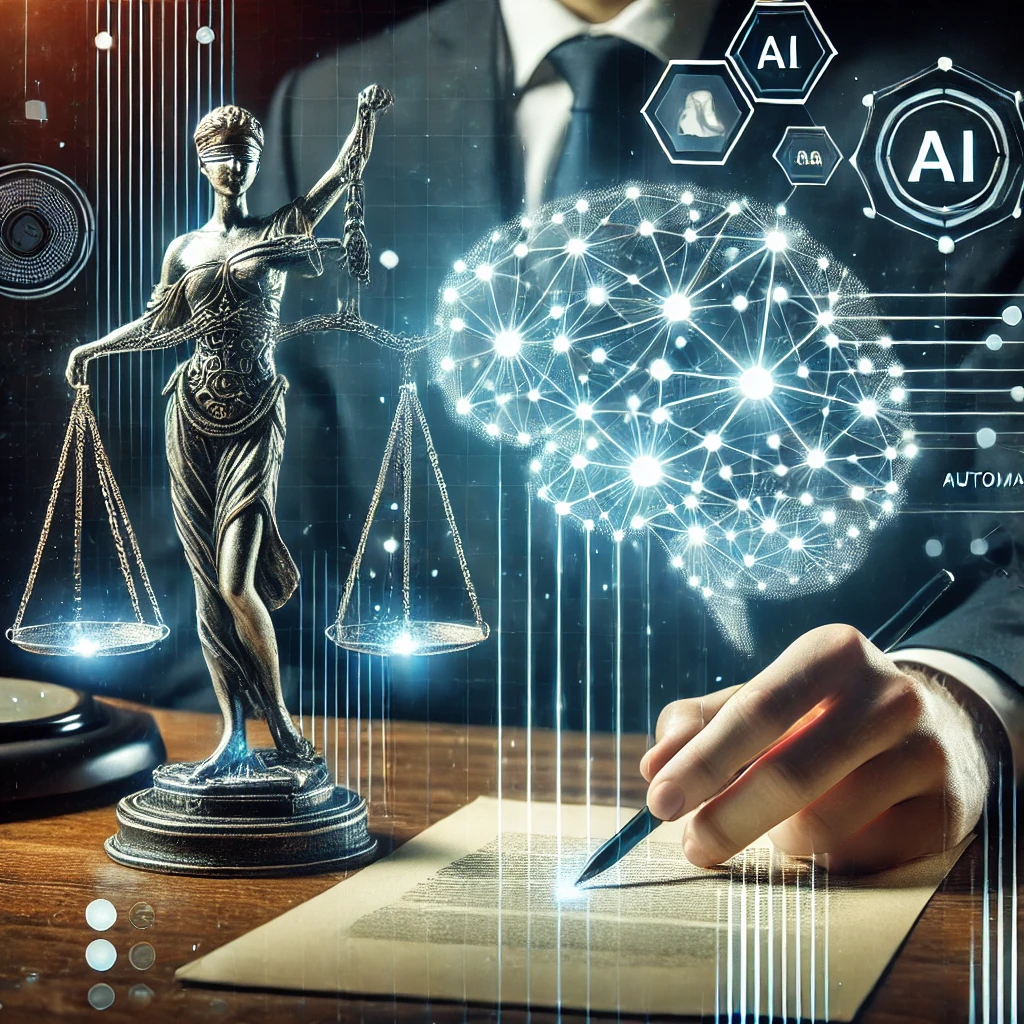Imagine you’re a lawyer working on a complex corporate merger. Stacks of contracts, hundreds of pages of legal precedents, and emails filled with intricate clauses need to be reviewed in mere days. For years, such tasks have been synonymous with late nights, high costs, and relentless attention to detail. But what if there were a way to lighten the load? Enter GPT, a language model transforming the legal world by automating document review, case analysis, and more.
In the legal profession, accuracy is non-negotiable. The stakes are high—every clause, precedent, and word matters. GPT offers a game-changing advantage: the ability to process and analyze massive amounts of text with incredible speed and precision. It doesn’t just skim through documents; it understands them. And while it won’t replace lawyers, it’s quickly becoming their most valuable assistant.
The Paper Mountain of Legal Work
Let’s start with one of the biggest pain points for legal professionals: document review. Whether it’s going through contracts for inconsistencies, sifting through discovery files for litigation, or ensuring compliance with ever-changing regulations, the workload can be staggering. Traditionally, junior associates or paralegals would spend days—sometimes weeks—combing through pages of dense legal text. It’s repetitive, time-consuming, and prone to human error.
GPT changes the narrative. With its ability to analyze text at scale, it can flag discrepancies, identify risks, and even suggest improvements in minutes. Imagine feeding a contract into an AI system and receiving a detailed analysis pointing out ambiguous terms, highlighting missing clauses, and ranking potential legal risks. What used to be a mountain of paperwork is now a manageable task.
Beyond Contracts: Case Analysis Reinvented
For any lawyer preparing for court, understanding precedents is critical. But diving into years of case law can feel like navigating a labyrinth. GPT simplifies this by serving as a research assistant with an encyclopedic memory. It can summarize rulings, extract key arguments, and even compare multiple cases to identify patterns.
Imagine working on a discrimination lawsuit. You type into your AI assistant: “Summarize recent cases involving workplace harassment under federal law.” Within moments, GPT delivers a concise breakdown of relevant cases, key judgments, and legal principles. Instead of spending hours flipping through law books or databases, you have the insights you need at your fingertips.
The Art of Drafting Contracts
Drafting contracts has always been more art than science. Each word carries weight, and the stakes are high. A misplaced phrase can lead to disputes—or worse, lawsuits. GPT steps in here, not to replace the lawyer’s expertise but to enhance it. By generating boilerplate language, filling in standard clauses, or even drafting entire sections, it ensures consistency and saves precious time.
A small business owner needs a partnership agreement? GPT can produce a solid draft in minutes, leaving the lawyer to fine-tune the details and add the human touch. The result is a seamless collaboration between AI and expertise.
A Win-Win for Clients and Firms
For law firms, adopting GPT isn’t just about making life easier for lawyers—it’s about offering better service to clients. Faster document reviews mean quicker turnaround times. Automated analysis lowers costs. And the increased efficiency allows lawyers to focus on strategy and advocacy rather than repetitive tasks. Clients get high-quality work at a fraction of the time and cost.
Small firms, in particular, stand to benefit. Competing with larger firms often means working with fewer resources. GPT levels the playing field, providing access to tools that enhance productivity and professionalism without breaking the bank.
Ethical Questions in an AI-Powered Practice
Of course, no innovation comes without challenges. Lawyers must tread carefully when using AI, particularly in handling sensitive client data. Ensuring confidentiality and compliance with data protection laws is paramount. And while GPT is powerful, it’s not infallible—it requires human oversight to ensure accuracy and relevance.
Then there’s the question of bias. AI models are only as good as the data they’re trained on, and if that data contains biases, the results might too. Legal professionals must remain vigilant, double-checking AI-generated insights to ensure fairness and impartiality.
The Future of Law Meets AI
As GPT continues to evolve, its role in the legal profession will grow. From multilingual capabilities for international cases to real-time analysis during negotiations, the possibilities are endless. It’s not about replacing lawyers but empowering them. With GPT handling the heavy lifting, lawyers can focus on what they do best: crafting arguments, advising clients, and delivering justice.
The legal world is complex, and change comes slowly. But with GPT, the industry is stepping into a future where efficiency, accessibility, and innovation take center stage. It’s not just about automating tasks—it’s about reimagining how law is practiced.



this is an exciting shift in the legal profession
Lmao, dude, gpts invent laws 🤣🤣🤣
If it really works as it should, then it’s really brilliant!
But this not… 🤣
ok, gpt 4 lawyers ⚖️? lit! not replacing them tho. more power 💪, less work.
Bruh AI skipped its meds and now it wildin 🤣
ai lawyering? could b useful. not replacin ppl tho. just helpin. dunno🤷
law gettin more efficient and cheep. cool future 😎!
ai lawyer? sounds like new skynet…🤔
gpt in law… but faster cases, yay?
nah, opposite… gotta double-check. dumb ai just makes up laws
gpt in law? really? doubt it. bots cant do real lawyering 😂